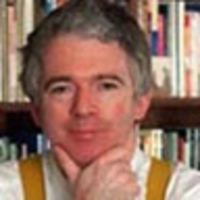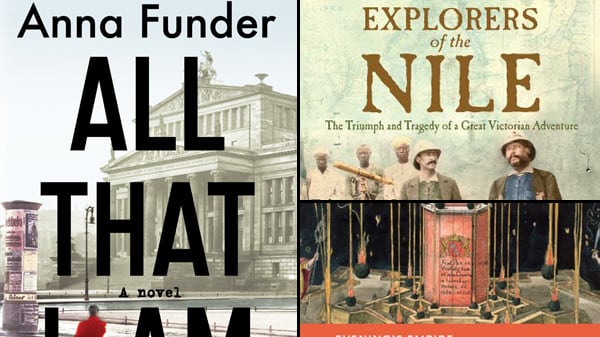In the Dark
Three hundred years ago, if you wanted to wake up in a city that never sleeps, you had a choice. In late 17th-century Paris, Lille, Amsterdam, Berlin, Hamburg, Turin, Copenhagen, and London, as Tim Blanning tells us in the TLS, reviewing Craig Koslofsky’s history of the early modern night, "the carriages of courtiers going home to bed passed labourers going to work." The “colonization” of the night was not a phenomenon confined to the rich and fashionable, however, nor to the secular. Coffeehouses stayed open late, while in the countryside, “spinning bees”—nocturnal gatherings of women—were enduringly popular.

Exiles in Bloomsbury
Anna Funder’s first book, Stasiland: Stories From Behind the Berlin Wall, was "an important work of investigative journalism" that won the world's biggest prize for nonfiction, the Samuel Johnson Prize; now she has written a novel dramatizing her friend’s escape from Nazi Germany. According to Ruth Scurr, All That I Am combines "a wealth of archival research and historical scholarship with an imaginative freedom to inhabit or revivify other people’s lives."

The Forgotten Explorer
Who really discovered the source of the Nile? William Boyd in the TLS enjoys a rehabilitation of one of the unsung "great explorers of Africa," John Speke: "For 2,000 years the answer to this abiding question—where does the Nile rise?—had been denied mankind and yet in 1858 John Speke stood on the shore of the huge lake that was called Nyanza Ukerewe (renamed by Speke as Lake Victoria) and sensed instinctively that this was the source of the great river."
Speke may have been overlooked in favor of Richard Burton, says Boyd, but, like his fellow explorers, he was one of those "complicated individuals whose eccentric psyches and multiple neuroses contributed to their tremendous energies, unearthly stamina and the inevitable personal problems they created for themselves."
The Fall of Mubarak
Eugene Rogan, meanwhile, considers how modern Egypt shook off its dictatorship from the accounts of a novelist and economist, books that reveal "how much Western readers stand to gain from Arab scholarship." The government was not only socially repressive but also economically unstable: "Recent polls in Egypt, taken since Mubarak’s overthrow, have highlighted the greater importance average Egyptians placed on economic grievances over political issues or human rights, in seeking the fall of the Mubarak regime."







